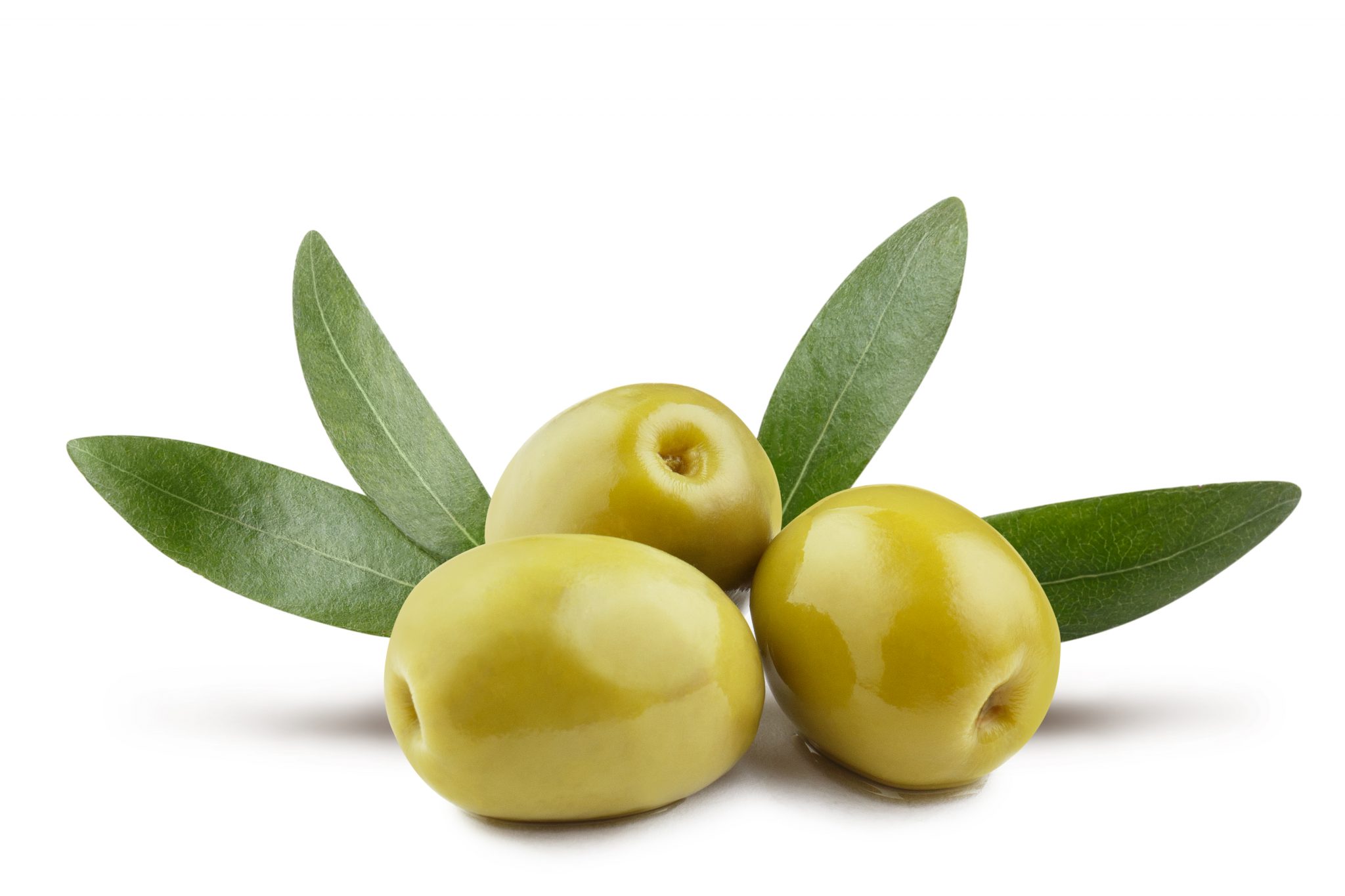
Olives are not only a delicious addition to salads, pizzas, and Mediterranean dishes, but they also come with a rich history and fascinating facts. Whether you love them stuffed, marinated, or simply as a snack, olives are a staple in many cuisines around the world.
In this article, we will explore 12 interesting facts about olives that will deepen your appreciation for these little culinary gems. From their ancient origins to their health benefits, you’ll learn everything you need to know about this versatile fruit. So, sit back, relax, and let’s dive into the wonderful world of olives!
Key Takeaways:
- Olives are not only delicious but also packed with healthy fats and antioxidants, making them a great addition to your diet for heart health and overall well-being.
- With over 2,000 varieties, olives have a rich history and play a central role in Mediterranean cuisine, offering a burst of flavor and nutrition in every bite.
The olive tree is an ancient symbol of peace and prosperity.
For centuries, the olive tree has represented peace, fertility, and abundance. Its olive branches were used to crown victorious athletes in ancient Greece, and the olive wreaths were also a symbol of peace.
Olives are rich in healthy fats.
Despite their small size, olives pack a powerful punch when it comes to healthy fats. They are primarily composed of monounsaturated fats, which are known to promote heart health and reduce the risk of cardiovascular diseases.
Olives come in a wide range of varieties.
There are over 2,000 different varieties of olives worldwide, each with its own unique flavor profile. Some popular varieties include Kalamata, Manzanilla, and Picholine, each offering a distinct taste and texture.
Olives are a staple in Mediterranean cuisine.
The Mediterranean region is renowned for its culinary delights, and olives play a central role in this cuisine. From olive oil to tapenades and salads, olives are used in various dishes, adding a burst of flavor and nutrition.
Black and green olives come from the same tree.
Contrary to popular belief, black and green olives do not come from different trees. Instead, their color difference is a result of the olives’ maturity and the processing method used. Green olives are harvested earlier, while black olives are left to ripen.
Olives are a natural source of antioxidants.
Antioxidants are essential for protecting our cells from damage caused by harmful free radicals. Olives are rich in polyphenols, a type of antioxidant that can help reduce inflammation and lower the risk of chronic diseases.
Olives have been cultivated for thousands of years.
The cultivation of olives dates back over 6,000 years, making them one of the oldest known cultivated crops. Over the centuries, olives have played a significant role in various civilizations, including the Greeks, Romans, and Egyptians.
Spain is the largest producer of olives in the world.
With its ideal climate and vast olive groves, Spain has established itself as the leading producer of olives globally. Spanish olives are renowned for their quality and are exported to many countries around the world.
Olives are versatile in cooking.
Olives are not only delicious on their own but can enhance a variety of dishes. They can be used as toppings for pizzas and salads, incorporated into pasta sauces, or used as a flavoring agent in dishes like braised meats and stews.
Olives are harvested using different methods.
The two main methods of olive harvesting are handpicking and mechanical harvesting. Handpicking is still widely practiced for high-quality olives used in premium olive oils, while mechanical harvesting is efficient for larger-scale production.
Greece and Italy have a long history of olive cultivation.
These two countries in the Mediterranean region have a rich history of olive cultivation and production. Greek and Italian olive oils are highly sought after for their exceptional quality and robust flavors.
Olives are a versatile snack.
Whether eaten on their own or incorporated into dishes, olives make for a satisfying and nutritious snack. Their combination of healthy fats, fiber, and antioxidants can provide a quick and energizing boost.
Conclusion
In conclusion, olives are not only delicious but also packed with numerous health benefits. From their antioxidant properties to their ability to improve heart health, olives are a versatile and nutritious food that can be enjoyed in various ways. Whether you prefer them as a snack, in salads, or as a flavor enhancer in your favorite dishes, olives are a fantastic addition to any diet.Remember, when it comes to olives, there is more than meets the eye. These small fruits have a rich history, a fascinating production process, and are an integral part of many culinary traditions around the world. So the next time you reach for that olive dish, take a moment to appreciate the incredible journey these fruits have made to bring taste, texture, and nutrition to your plate.
FAQs
1. Are olives a fruit or a vegetable?
Olives are technically fruits, not vegetables. They are categorized as fruits because they are the reproductive structures of the olive tree.
2. Are all olives black?
No, not all olives are black. Olives actually come in various colors, including green, purple, and black. The color depends on the ripeness of the fruit at the time of harvesting.
3. Are olives good for you?
Yes, olives are good for you. They are a great source of healthy fats, vitamin E, and antioxidants. They also have anti-inflammatory properties and are beneficial for heart health.
4. Can you eat olives straight off the tree?
No, olives straight off the tree are extremely bitter and inedible. They need to undergo a curing process to reduce their bitterness and enhance their flavor.
5. Are stuffed olives made from real olives?
Yes, stuffed olives are made from real olives. They are typically pitted and filled with various ingredients such as cheese, garlic, or peppers to add extra flavor.
6. Can you cook with olives?
Absolutely! Olives are versatile and can be used in a wide range of dishes. They add a unique tangy and briny flavor to soups, pasta, pizza, and more.
7. How should olives be stored?
Olives should be stored in a cool, dry place. If they are in a brine or oil, make sure to keep the container tightly sealed to prevent spoilage.
8. Do olives have any health benefits?
Yes, olives have numerous health benefits. They are rich in monounsaturated fats, which are good for heart health, and they also contain antioxidants that help fight inflammation.
9. Can olives be used to make olive oil?
Absolutely! Olives are the primary source of olive oil. They are pressed to extract the oil, which is then used for cooking, dressing salads, and more.
10. Are there different types of olives?
Yes, there are many different types of olives, each with its own unique flavor profile. Some popular types include Kalamata, green Spanish, Castelvetrano, and black Mission olives.
Olives are truly remarkable fruits with a rich history and numerous health benefits. If you found these 12 facts about olives intriguing, why not explore more? Delve into even more olive facts to satisfy your curiosity. Discover the fascinating story behind the Oliver Oliver Company and its impact on the olive industry. And finally, learn about the captivating life of Michael Oliver, a prominent figure in the world of olives. Each of these topics offers a unique perspective on the versatile and beloved olive, so continue your journey of discovery today!
Was this page helpful?
Our commitment to delivering trustworthy and engaging content is at the heart of what we do. Each fact on our site is contributed by real users like you, bringing a wealth of diverse insights and information. To ensure the highest standards of accuracy and reliability, our dedicated editors meticulously review each submission. This process guarantees that the facts we share are not only fascinating but also credible. Trust in our commitment to quality and authenticity as you explore and learn with us.


